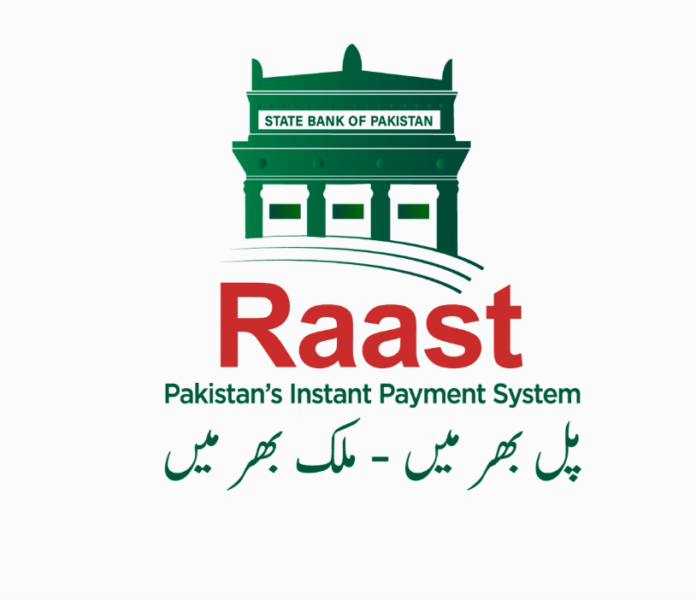Pakistan’s digital payment landscape is experiencing unprecedented growth. The Raast instant payment system processed Rs1tn in just 16 days, a stark contrast to the 336 days it took to reach the same milestone two years ago. This development highlights the increasing adoption of digital payments across the country.
According to the State Bank of Pakistan (SBP), Raast has now processed 892mn transactions amounting to Rs20tn, reflecting the growing ease and accessibility of digital payments for the public. The average payment size during this period was Rs22,421.52.
The surge in Raast transactions has been driven primarily by the Person-to-Person (P2P) module, launched in February 2022. This system has become a key factor in the growth of digital financial services in Pakistan, providing seamless payment solutions.
In addition to the P2P module, the SBP has rolled out the Person-to-Merchant (P2M) module, which allows businesses to accept payments through various channels like QR codes and Raast IDs. This further expands digital payment options for consumers and promotes financial inclusion, particularly among small and medium-sized enterprises.
The SBP’s recently released Governor’s Annual Report 2023-24 highlights the rapid growth of financial accounts, which saw an 18pc increase to 215mn by the end of FY24. This rise is supported by an expanding network of financial institutions and the use of alternate delivery channels.
Deposits in banks, DFIs, and microfinance banks surged by 21.6pc to Rs33.2tn in FY24, spurred by high-interest rates, with savings accounts showing notable growth. The SBP has pointed out that this trend will help reduce the cash preference in the economy and boost national savings.
The report also shows that while the overall growth in credit to the private sector remained muted, investments, particularly in government securities, rose by 35.2pc. The banking sector’s after-tax profit increased by 30.4pc, though the SBP raised concerns about the rising taxation on banks, which could affect financial stability and the sector’s ability to absorb future economic shocks.
Microfinance Banks (MFBs) faced a tougher operating environment, with a deceleration in asset base growth, reflecting the challenges faced by smaller financial institutions compared to larger banks and DFIs.
As Pakistan continues its journey towards greater financial inclusion, the rapid adoption of systems like Raast demonstrates the nation’s growing digital financial ecosystem. With more initiatives like the P2M module and the upcoming National Financial Inclusion Strategy 2028, the SBP is positioning the country for sustained growth in digital transactions and financial accessibility.























